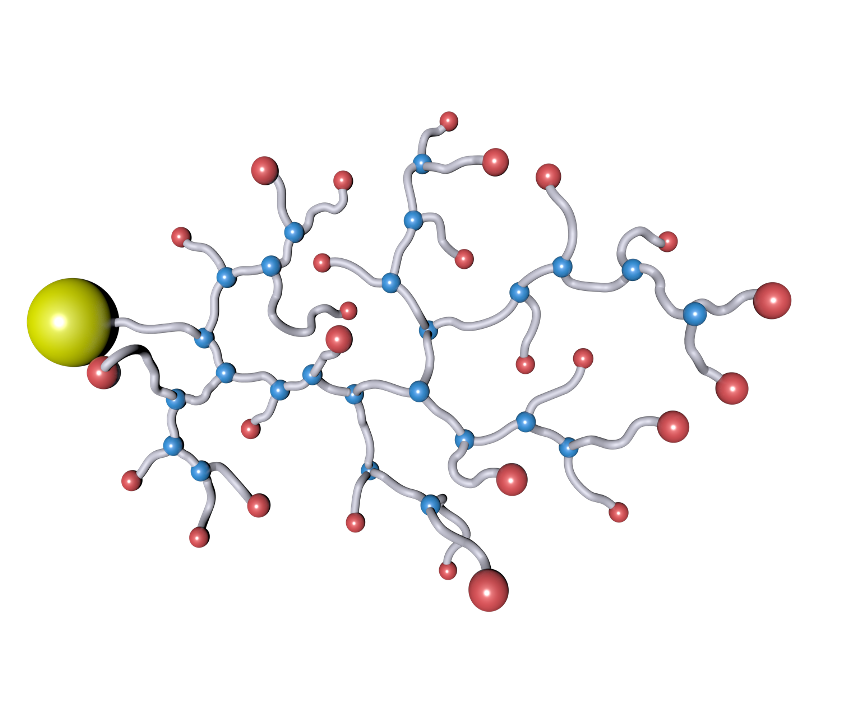Reusing Polymers: Promoting a Circular Economic Climate
Reusing Polymers: Promoting a Circular Economic Climate
Blog Article
Checking Out the Varied Applications and Benefits of Polymers in Different Industries
Polymers, with their varied array of homes and performances, have come to be crucial in numerous industries, each gaining distinct benefits from their application. From boosting safety and performance in the automobile industry to changing clinical tools in the medical care sector, polymers play an essential function.
Automotive Industry Applications
Polymers play a crucial function in improving the performance and longevity of numerous components within the vehicle industry. One noticeable usage of polymers in the automotive industry is in the production of lightweight parts.

Medical Care Market Advantages
In different medical care applications, the benefits of utilizing polymers are commonly recognized for their varied variety of advantageous homes. Polymers play a critical function in the healthcare sector due to their convenience, biocompatibility, and cost-effectiveness. Among the primary benefits of polymers in medical care is their capability to be tailored to particular requirements, such as adaptability, resilience, and biodegradability, making them ideal for a broad range of medical applications.
Polymer-based products are extensively used in clinical devices, such as catheters, implants, prosthetics, and drug delivery systems, due to their biocompatibility and capacity to simulate natural cells. These products can decrease the danger of sensitive reactions or denials, boosting patient safety and security and results. In addition, polymers are lightweight, making them suitable for wearable clinical tools and guaranteeing person comfort.
Moreover, polymers allow the growth of ingenious treatment techniques, such as hydrogels for cells engineering and nanocomposites for targeted medication delivery. Their ease of processing and sterilization makes them important for keeping high standards of hygiene in medical care settings. Overall, the varied benefits of polymers add substantially to advancements in medical innovation and person care.
Environmental Advantages of Polymers

Furthermore, polymers can add to energy savings because of their light-weight nature. In markets such as transport, lightweight polymer materials can help in reducing fuel intake and greenhouse gas discharges. In addition, polymers can allow the advancement of energy-efficient products explanation such as insulation materials that improve energy preservation in structures.
Additionally, polymers play an essential function in lowering water contamination. The usage of view publisher site polymer-based filtration systems can effectively remove contaminants and pollutants from wastewater, guarding water sources and ecological communities. Generally, the environmental benefits of polymers make them important properties in promoting sustainability and eco-friendly practices across different sectors.
Polymers in Electronic Devices and Innovation
Considering the enhancing need for innovative and lasting solutions in modern industries, the integration of sophisticated polymer innovations in the world of electronics and innovation has become a pivotal technique for driving efficiency and performance. Polymers have actually reinvented the electronic devices market by enabling the production of lighter, more versatile, and resilient electronic tools. From smartphones to medical tools, polymers play a vital role in improving product style and performance.
One significant benefit of polymers in electronics is their shielding properties, which help safeguard fragile digital components from ecological factors and electric interference. In addition, polymers are essential in the development of adaptable displays, wearable innovation, and published electronics, using limitless possibilities for creating smart and interconnected gadgets.
Furthermore, making use of polymers in electronic packaging has caused improvements in miniaturization and thermal management, enhancing the total efficiency and dependability of electronic systems. As modern technology proceeds to progress, the flexibility and versatility of polymers will undoubtedly drive additionally technology in the electronics industry, shaping the future of technology.
Function of Polymers in Building And Construction and Framework
The assimilation of advanced polymer products in construction and facilities projects has actually changed the method frameworks are designed and built in contemporary times. Polymers supply countless advantages in the building industry as a result of their convenience, resilience, and cost-effectiveness. One crucial duty of polymers in construction is their use in finishes and sealers, Our site supplying protection against environmental aspects such as moisture, UV radiation, and deterioration. Furthermore, polymers are made use of in the manufacturing of lightweight and high-strength composite materials, improving the structural integrity of structures while minimizing general weight.
Moreover, polymers play an essential function in sustainable building and construction techniques by enabling the development of energy-efficient frameworks. Shielding products made from polymers help control indoor temperatures, decreasing the need for home heating and cooling systems and eventually lowering energy consumption. The use of polymer-based composites in framework tasks such as bridges and roadways enhances their long life and reduces maintenance prices. In general, the unification of polymers in building and construction and facilities showcases their substantial effect on modern-day engineering techniques.
Verdict
In verdict, polymers play a crucial function in different sectors such as automobile, health care, ecological, electronic devices, and building. Their flexible residential properties make them valuable in creating cutting-edge remedies and items. From enhancing fuel performance in vehicles to improving clinical gadgets, polymers offer many advantages. Furthermore, their impact on reducing waste and promoting sustainability highlights their importance in modern-day applications. The widespread use of polymers shows their substantial contribution to progressing modern technology and improving lifestyle.
Report this page